L'étonnement (2004)
ジャンル : ドラマ
上映時間 : 1時間 11分
演出 : Marcel Hanoun
シノプシス
Inspired by the Cantat-Trintignant drama.

"Breathtaking in its techniques, rhapsodic in its passion, and encyclopedic in its scope, the film traces the long fall from paradise into modern barbarism." - Art Gallery of Ontario
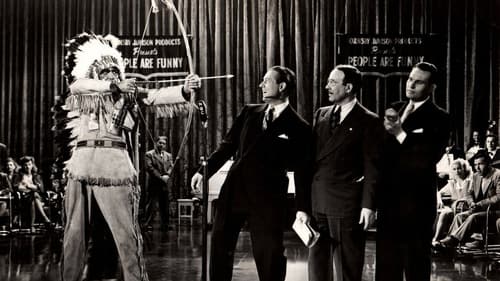
A comedy based on NBC's "People Are Funny" radio (and later television) program with Art Linkletter with a fictional story of how the program came to be on a national network from its humble beginning at a Nevada radio station. Jack Haley is a producer with only half-rights to the program while Ozzie Nelson and Helen Walker are the radio writers and supply the romance. Rudy Vallee, always able to burlesque himself intentional and, quite often, unintentional, is the owner of the sought-after sponsoring company. Frances Langford, as herself, sings "I'm in the Mood for Love" while the Vagabonds quartet (billed 12th and last) chimes in on "Angeline" and "The Old Square Dance is Back Again."

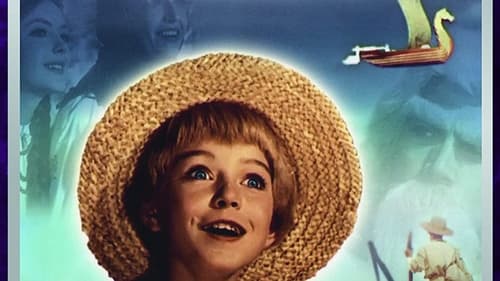
Ukrainian folk tale. The hero of the story, Kotigoroschko sets off on an arduous journey to find his sister Olenka, who has been kidnapped by an evil dragon. Dangers lurk everywhere. Everywhere the submissive servants of the dragon fight him, but again and again, good-hearted people help the brave young knight survive the adventurous journey: they give him a sword, life-giving water and a flying ship. Finally Kotigoroschko enters the realm of the dragon...
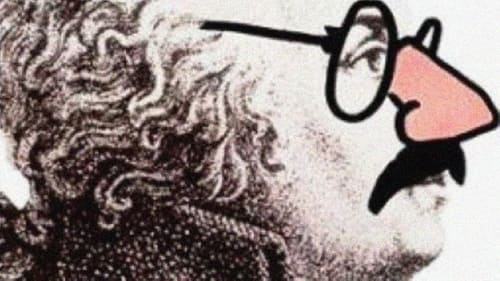
Letters, Riddles and Writs is a one act opera for television by Michael Nyman broadcast in 1991.
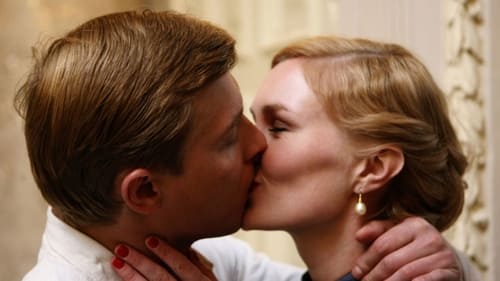
Iskyss is a strong and poetic love story based on Gunvor Galtung Haavik’s double life through 30 years. During the Cold War, she was employed by the Norwegian Ministry of Foreign Affairs, and assigned to the Norwegian Embassy in Moscow. With the information she had access to in the capacity of her position as interpreter and secretary, she frequently fed the KGB secret information.

At the height of Reign of Terror Maximilien Robespierre orchestrates the trial and execution of several of his fellow leading French revolutionaries including Georges Danton.

Working with Virgil’s four-part poem “Georgics” and Antonio Vivaldi’s concertos “The Four Seasons” as models, Gottheim arranged his painterly compositions into four distinct sections, each edited according to its own exacting pattern. The seasonal flux thus informs both the form and content of the image, with the basic elements of trees, sky, hills and the occasional crisscrossing clothesline filmed in every imaginable light.
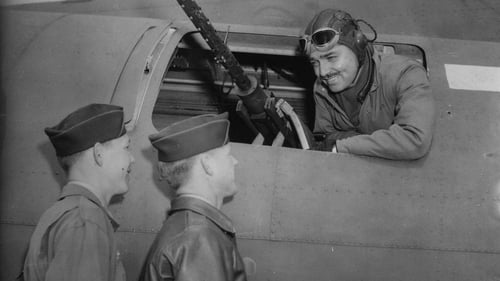
Produced in 1943 under the guidance of Army Air Force Lieutenant Clark Gable, this film follows a single 8th Air Force B-17 crew from training through a series of missions over Europe.
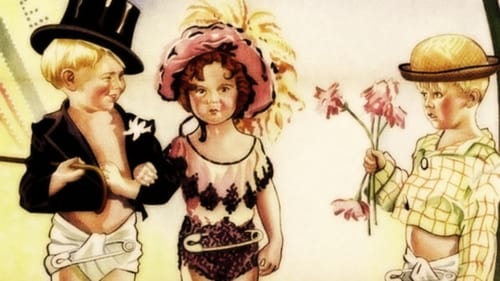
A girl has to decide who to marry: a poor country boy or a rich nightclub owner.
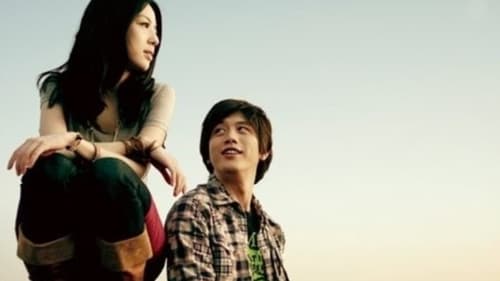
Moody, atmospheric ghost story starring Mason as a retired tradesman who purchases an old mansion that has been vacant for 40 years because it is believed to be haunted by the spirit of a young woman who had died there. Unaware of the mansion's reputation, Mason and his wife Mullen move in and hire a young woman, Lockwood, to keep house. Soon after Lockwood's arrival, strange things begin to happen in the household, and it becomes apparent that she is possessed by the spirit of the dead girl, though Mason scoffs at the idea. On death's door and bedridden, Lockwood asks for the same doctor who treated the woman who died 40 years ago. He arrives and treats her. The next morning Lockwood is cured, and it is revealed by the police that the doctor's dead body was found in his carriage hours before the time Mason claims he arrived to see Lockwood. Convinced that not only the ghost of the girl but that of the doctor as well entered his home, Mason finally believes in the supernatural.
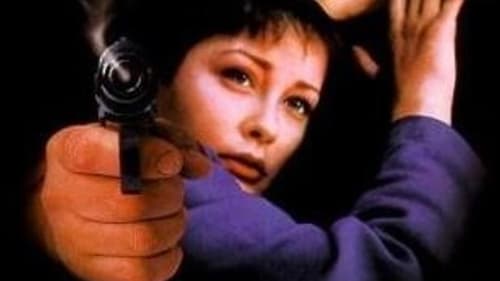
A loving couple struggle to fend for themselves in modern day Los Angeles, One a loner and down and out, the other a lonely but hardworking secretary. Eventually, as cracks form in their passionate relationship, they resort to robbing an aging actress for money.
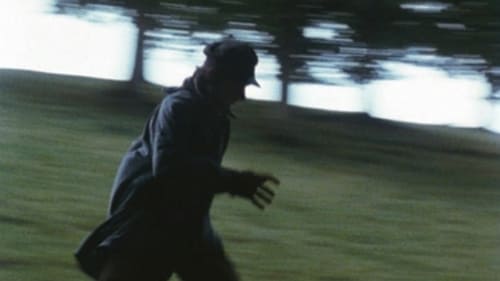
A filmmaker returns to Normandy thirty years after a working on a movie based on a local homicide and tries to find the actors who worked on the project.

If there is such an old-fashioned thing as "stream of consciousness" in cinema, I suppose this is it. It certainly felt like a flowing stream or river while I was editing day after day, fitting found-sound to found (out-take) footage accumulated over almost sixty years of filmmaking. All the images and sounds buried on reels and spools in the studio came into the light. I felt singularly blessed to be making a non-linear visual autobiography; for it is a fact that most of my life in film is there. The one guiding principle for the construction of the film was the ancient Russian proposal: "instead of canned plays, see a rose, hear a bomb." - Lawrence Jordan

"…elegant yet rustic in its simplicity of execution; tugged gently toward different sides of the set by hints of color and motion interactions, positive and negative spaces, etc., and the unyielding delivery on one of the great apotheoses of poetic cinema at fade-out time." – Tony Conrad

The story of the Dassau family, a family of artists: Frau Dassau is a composer, her husband is a writer, and their children are equally gifted as painters, poets and musicians. But unfortunately, no one wants to invest money in their art. The family is about to starve when Nicole comes up with a marvelous idea: She is going to write the "most scandalous book", the sex memoirs of a teenager. For this, she hides under the pseudonym of Eva. The book becomes an enormous success indeed, but Nicole's parents are decent people, and the public interest in their sluttish daughter begins to bother them. Things begin to get even more unpleasant when Nicole falls in love with an American publisher who'd prefer a virgin…

“I’m dying to live.” These words from Saint Teresa of Ávila are said by Mother Aloïse Osée when she is about to separate forever from Don Jerome.

Four nights in Caracas. A documentary essay about chaos and civilization.
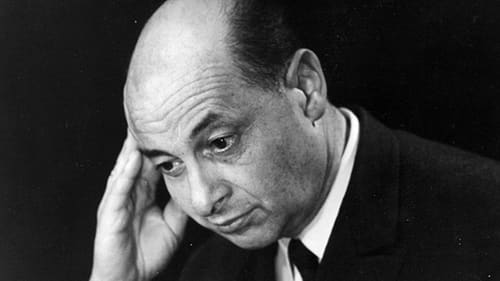
20 years later, the recreation of the trial of a simple man that confesses himself as a war criminal, Carl Emmanuel Jung.

I love Vienna is a social comedy that explores the clash of cultures and values.













